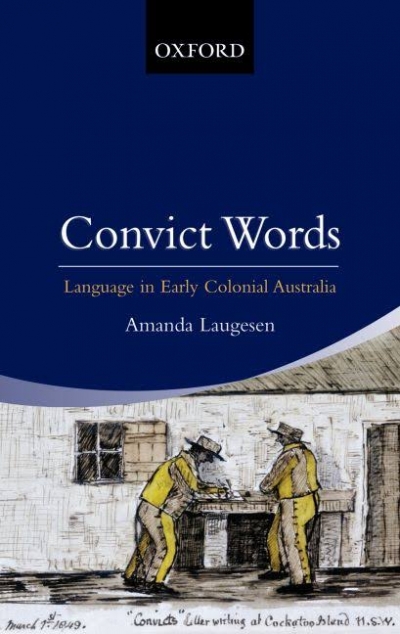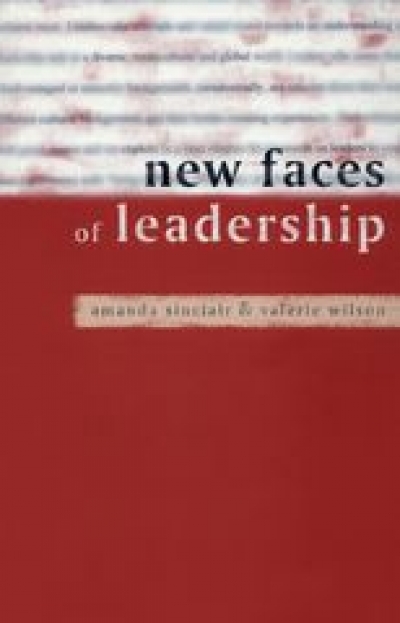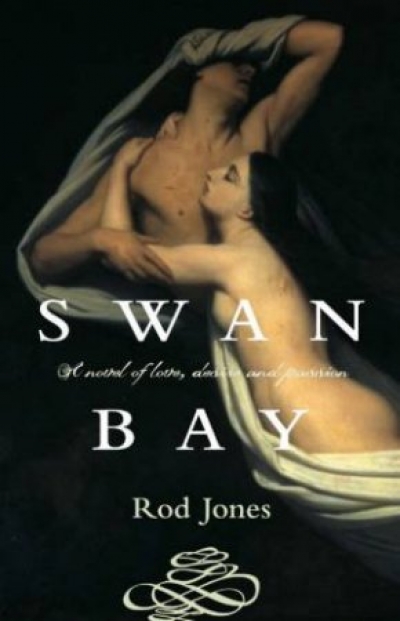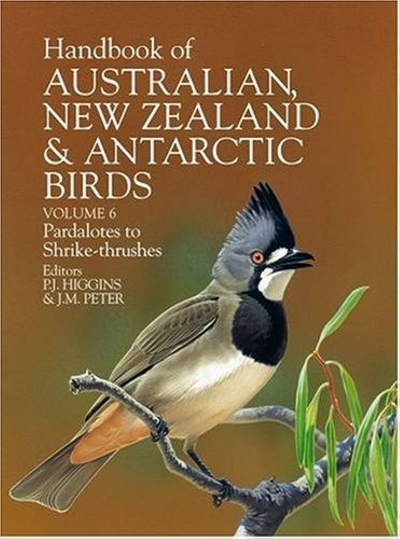Archive
Convict Words: Language in early colonial Australia by Amanda Laugesen
by Gary Simes •
Wings of the Kite-Hawk: A journey into the heart of Australia by Nicolas Rothwell
by Michael McGirr •
New Faces of Leadership by Amanda Sinclair and Valerie Wilson & Executive Material by Richard Walsh
by Craig Sherborne •
Handbook Of Australian, New Zealand And Antarctic Birds: Volume 6: Pardalotes To Shrike-Thrushes edited by P.J. Higgins and J.M. Peter
by Peter Menkhorst •
when life says shut
the most you could muster
moments on a lake
pooled passive
or close enough and whispering
the past and only glory
The Fabrication of Aboriginal History: Volume one, Van Diemen’s Land 1803–1847 by Keith Windschuttle
by Tim Rowse •









